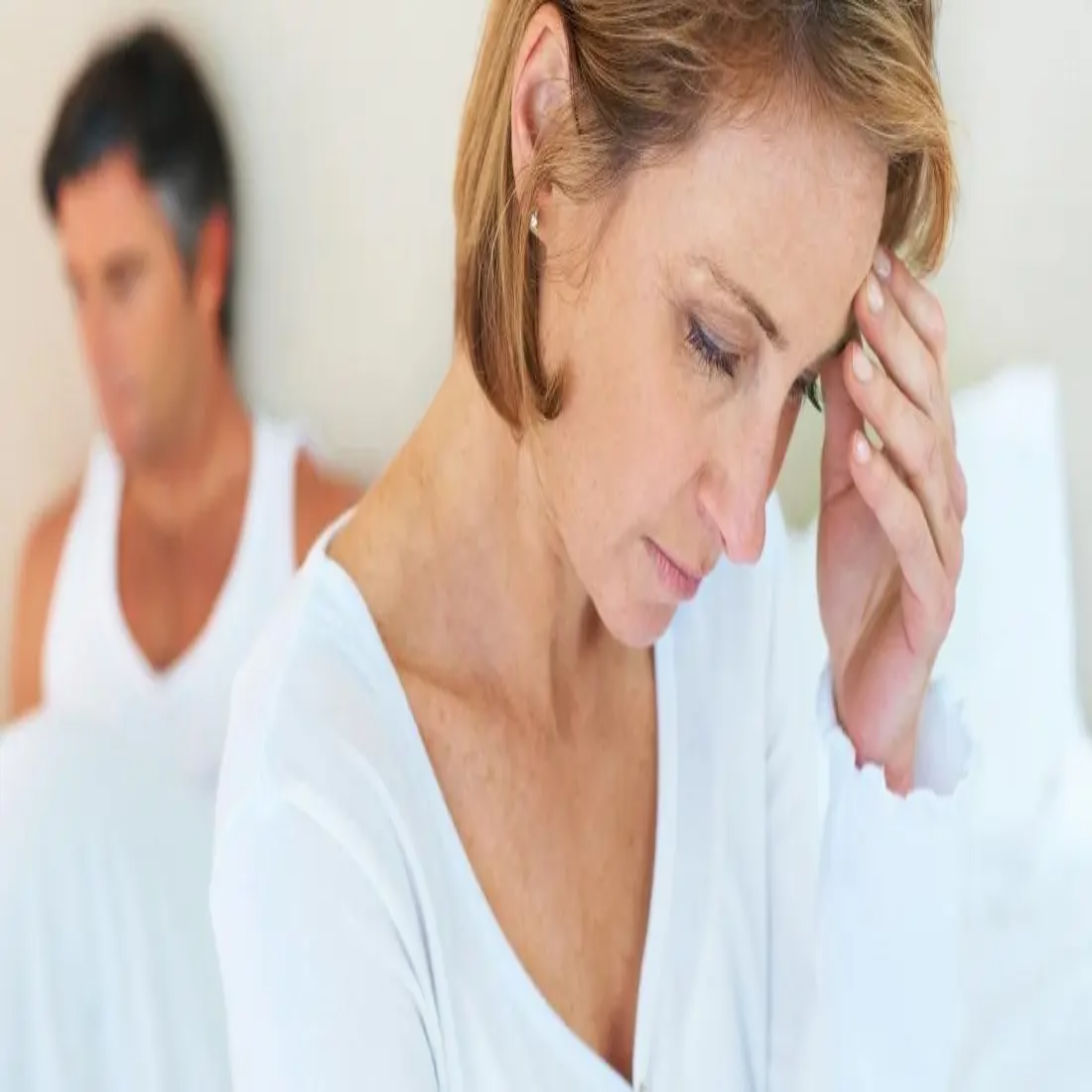Female libido refers to a woman’s desire for sexual activity or sexual drive. It’s part of sexual health and is influenced by a mix of biological, psychological, emotional, and social factors. Libido can vary widely among individuals and at different life stages (e.g., puberty, pregnancy, menopause).

Stress management – Meditation, therapy, or hobbies to reduce anxiety.
Open communication – Talking openly with a partner about needs and desires.
Medical support – Consulting a doctor for hormonal imbalance, medications, or conditions like low testosterone or thyroid issues.
Natural supplements – Some women use herbs like maca root, ginseng, or ashwagandha (only under medical guidance).

Boosts emotional intimacy with partners.

Releases feel-good hormones like oxytocin and endorphins.

Sexual activity can relieve stress and improve sleep.

Libido is often a sign of good hormonal health.
During menopause, estrogen and progesterone levels drop significantly, which can lead to vaginal dryness, discomfort during sex, and a decrease in sexual desire.
Stress can impact libido by interfering with the body’s ability to relax and engage in sexual activity. When under stress, the body produces cortisol, a stress hormone that can suppress sexual desire.
Physical and emotional fatigue can significantly lower sexual desire. When a person is overwhelmed with work, family responsibilities, or lack of rest, they may have little energy left for intimacy.
High blood sugar levels can damage blood vessels and nerves, leading to reduced sensation and lower sexual desire.

The information presented on this site is for educational purposes only and is not intended to replace advice from your physician or other health care professional or any information found on any product label or packaging . The products and/or claims found on this website have not been evaluated by the United States Food and Drug Administration and are not intended to diagnose, cure or prevent disease.
At Bwella we are all things health.